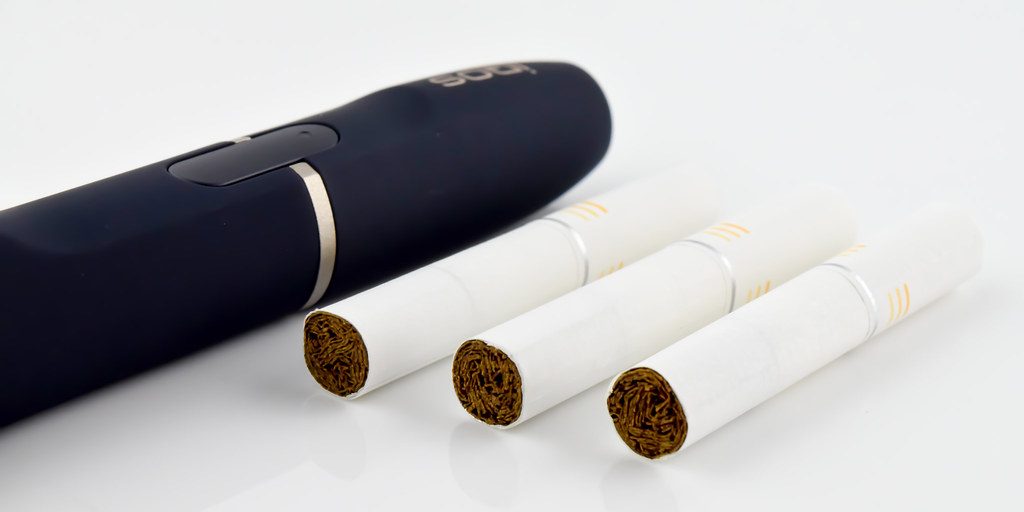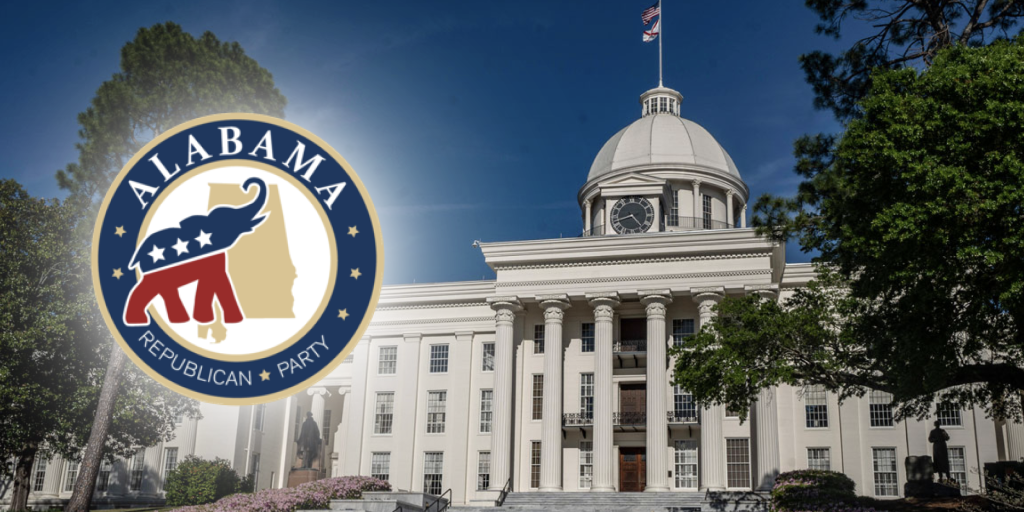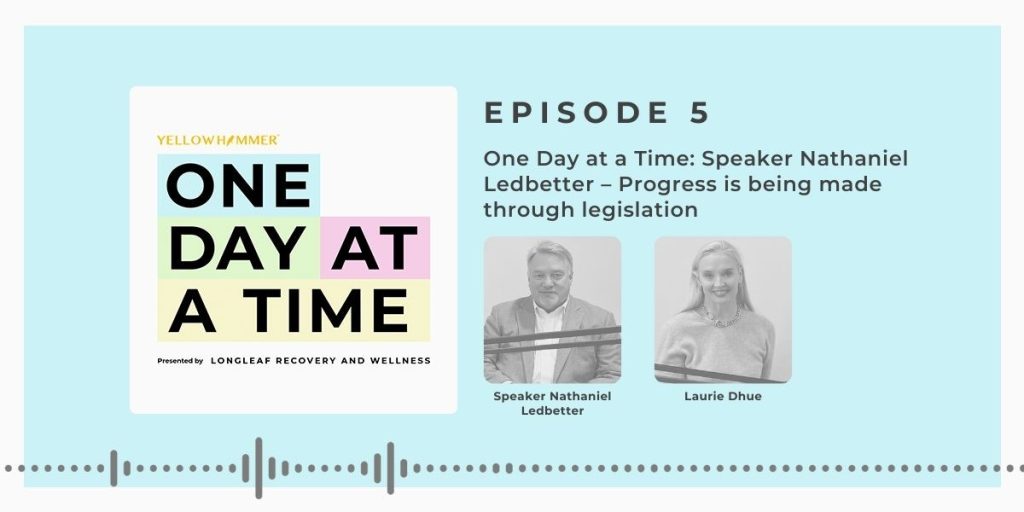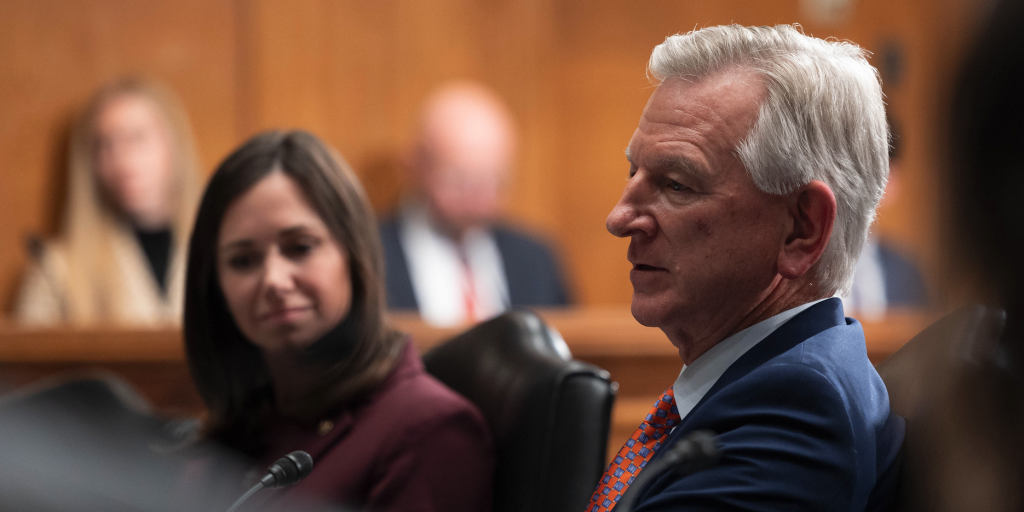A device that uses tobacco to allow the user to inhale nicotine into their lungs by heating rather than burning the tobacco will be considered by members of the Alabama House General Fund Committee on Wednesday.
Not from a regulatory angle, as the product is already approved for sale in the United States, but over a tailormade taxation position that critics argue could have a harmful impact on local and state revenues without any clear upside for Alabama consumers.
HB438 by State Rep. Rolanda Hollis (D-Birmingham) proposes to set up a new tax category specifically for heated tobacco products that is 50% less than conventional cigarettes.
“Many states are already taxing these products lower and we are modernizing our tax code to capture new and innovative products that are going through the proper channels to bring better options to smokers to move down continuous risk,” Hollis told the committee during a public hearing on the bill.
Speaking in favor of the bill during that hearing included representatives of Phillip Morris International, the company standing to benefit most when their range of heated tobacco products are available in stores. Opponents, including the American Cancer Society and the American Lung Foundation raised concerns about the health implications of introducing another nicotine product to the market.
However, the crux of House lawmakers’ decision on Wednesday involves a potentially uneven tax structure and a premature decision over Alabama’s excise tax as local revenue from tobacco taxes has declined over the past decade. An additional hit is expected to the Master Settlement Agreement, which Alabama collected $108.5 million from in 2023.
A representative from Alabama Children First told the committee the proposed tax structure would likely result in decreased revenue for the Children First Trust Fund, which receives a significant portion of its funding from tobacco taxes.
“The Children First Trust Fund each year allocates over $40 million of the Alabama tobacco tax settlement money directly to children’s programs and these programs are programs that happen across our state,” Katie Jeter told lawmakers. “This money is directly benefiting children, your children, your grandchildren and children in your districts and in your backyard.”
Opponents also argue the bill could complicate compliance between state and federal regulations. If the federal government classifies these products as cigarettes, and the state classifies them differently, it could create legal issues, leaving a need for legislators to correct and amend the law in future sessions.
House committee members asked questions about the product itself and the potential tax haven proposed by Rep. Hollis. “Are you currently selling this stuff in Alabama?” State Rep. Brett Easterbrook asked Jake Jacobs, a representative of Phillip Morris International.
“We’re not, no sir. We received the license to sell this product on April 30. Actually, and sometime in the future it will become available in Alabama to sell so that’s what we’re trying to get ahead of it, establish a tax structure so that when it hits Department of Revenue, stores, everyone knows how it’s going to be treated and it can be regulated and enforced if those regulations,” Jacobs said.
Eatserbrook replied, “But if the idea is people do this, smoking, and you give them a tax break, aren’t you reducing the revenue generator?”
Grayson Everett is the state and political editor for Yellowhammer News. You can follow him on Twitter @Grayson270













